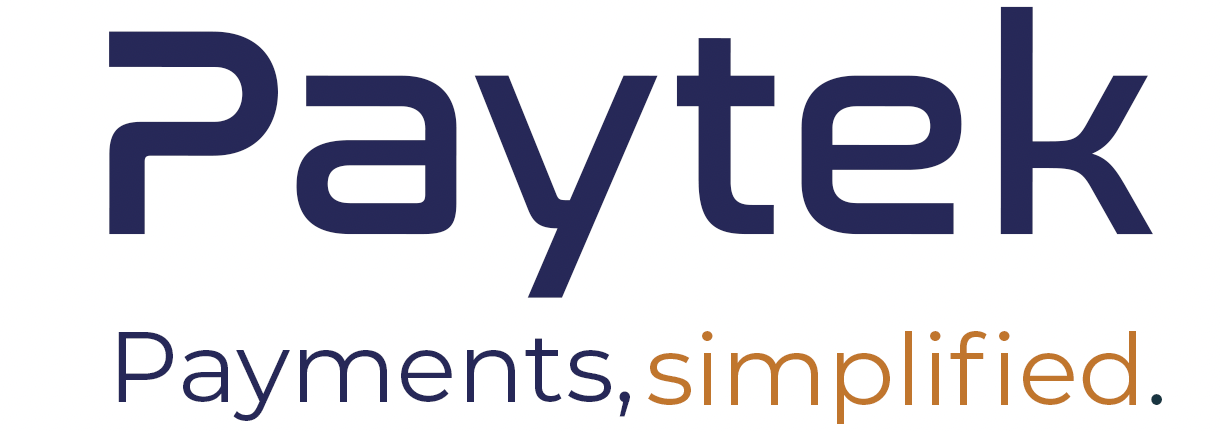Disclaimer: we are not a governmental entity and aren’t providing tax advice. We are relaying information found on the CRA website. If you have questions about your taxes, you should seek the help of a professional accountant.
Tax season, the most wonderful time of the year, especially for small business owners. Even in the best of times, tax season can take a toll on the business owner and self-employed Canadians. Now? It’s a whole new ball game.
You may be wondering how to handle this new challenge, and asking “What is my government doing to help business owners and self-employed individuals like me?
Running your business isn’t just about your incoming revenue; it’s understanding how to manage that money even in the hardest of times. That’s why many of our products (like Poynt, Clover, Converge and more) give you detailed tax reports and integrate with accounting software, like Quickbooks.
It’s also why we wanted to give you some insight on the new policies and regulations for our self-employed, small businesses/corporations, and charity partners.
Extended Due Dates for Filing and Payment Dates
One of the big questions on your mind, as you get your business back to normal after 3 months of changes and closures, might be: “Wait, what about my taxes? When should I file and when do I need to repay?”
The good news is that there are many updates and extensions to tax deadlines so that business owners can comply with their tax filings and payments in a timely fashion.

Self-Employed
Filing Date: June 15th (unchanged)
Payment Date: September 1st (extended date)
Corporations
Filing Date: June 1st (extended)
Payment Date: September 1st (extended date)
Charities
Filing Date: December 31st (unchanged)
Payment Date: not applicable
It is never too soon to prepare for your payment dates; this gives you plenty of time to recover from the biggest of the COVID-19 restrictions before paying any taxes.
Benefits, Credits, and Support Payments
The Government of Canada has created multiple programs to support businesses and individuals throughout this pandemic. Some of the programs relevant to businesses like our customers and partners are listed below. For more information on all the programs check out the Canada Revenue Agency (CRA) website.
CERB: Canada Emergency Response Benefit gives financial support to employees and self-employed individuals. If you have not worked for a period of 14 days or longer, you may be eligible to receive $2000 for a 4-week period.
GST/HST Credit: CRA has extended its Goods and Services Tax/Harmonized (GST/HST) credits until the end of September 2020. If you are getting a GST/HST credit, you will continue to receive it. This will be based on your 2018 tax return. However, you must still file your 2019 return.
Benefit reviews by the CRA are on hold: As the title says, benefits reviews are on hold. If you received a letter from the CRA about a benefit review, you don’t need to respond right away. The CRA will contact you again when need be. If your benefit has been stopped or adjusted after a review keep your documents and your request will be reviewed as a priority.

Support For Employers
Canada Emergency Wage Subsidy: CEWS gives financial support to employers whose business has been affected by COVID -19. If you are eligible for this subsidy it will cover 75% of employees’ wages for 24 weeks. This back dates to March 15th and runs until August 29th, 2020. This allows you to rehire your employees and keep your operations running smoothly.
10% Temporary wage subsidy for employers: the government of Canada announced that they would do a 10% wage subsidy for business for 3 months. To check if you are an eligible business visit the CRA website.
Deferral of GST/HST Remittances: Canadian businesses can defer GST/HST remittances until the end of June 2020. Any payments or remittances that are owed from March 27th onward can be deferred with no interest until the end of 2020.
Call Center Services and Outreach Activities
Free virtual tax clinics: if you are a Canadian with a modest income, some communities are hosting free virtual tax clinics by video conferencing or phone. Some Canadians may be able to get free tax filing by volunteers. To check what communities are hosting free tax clinics check the CRA website.
Digital services provided by the CRA: You can now access your CRA online. You can track your refund, make changes, view RRSP limits, check benefits and credit payments, set up direct deposit, and email notifications. To register for digital services go under “My Account” through the CRA website and follow the instructions there.
Liaison Officer services for small businesses: With COVID-19 restrictions, the CRA is offering its liaison officer services via phone. You will be able to get key information like filing payment deadlines and proactive relief measures for a small business or if you are self-employed.
We’ve navigated through these uncertain times and are about to, more or less, go back to “business as usual”. Amidst the excitement and stresses of reopening, make sure you don’t let the important updates and guidelines from the Government go to the back burner. Put your business in the best position it can be in now so that you can get back to growing soon.


